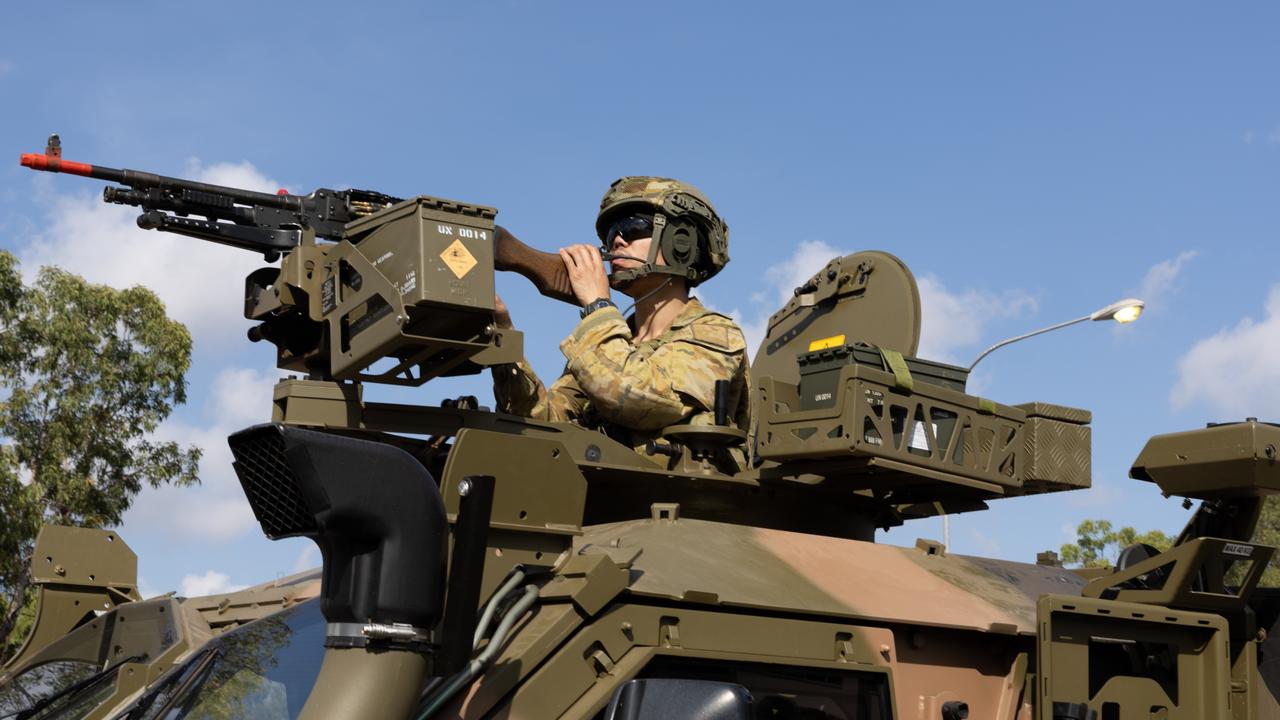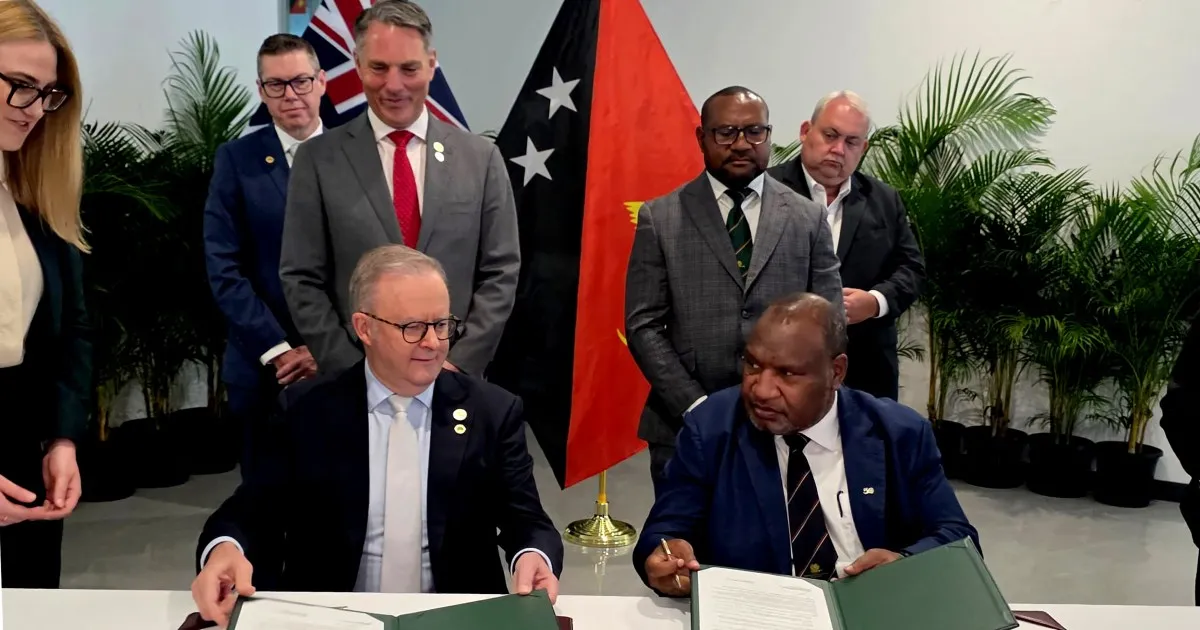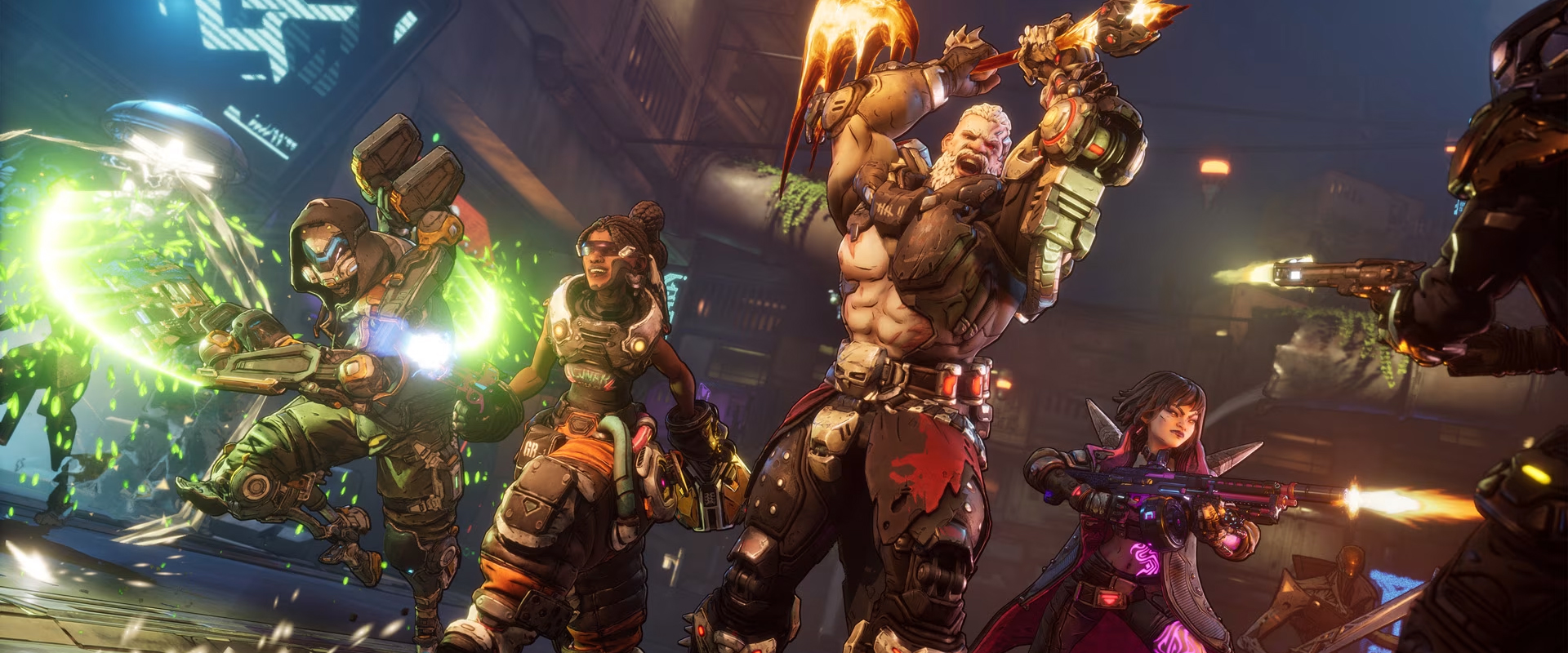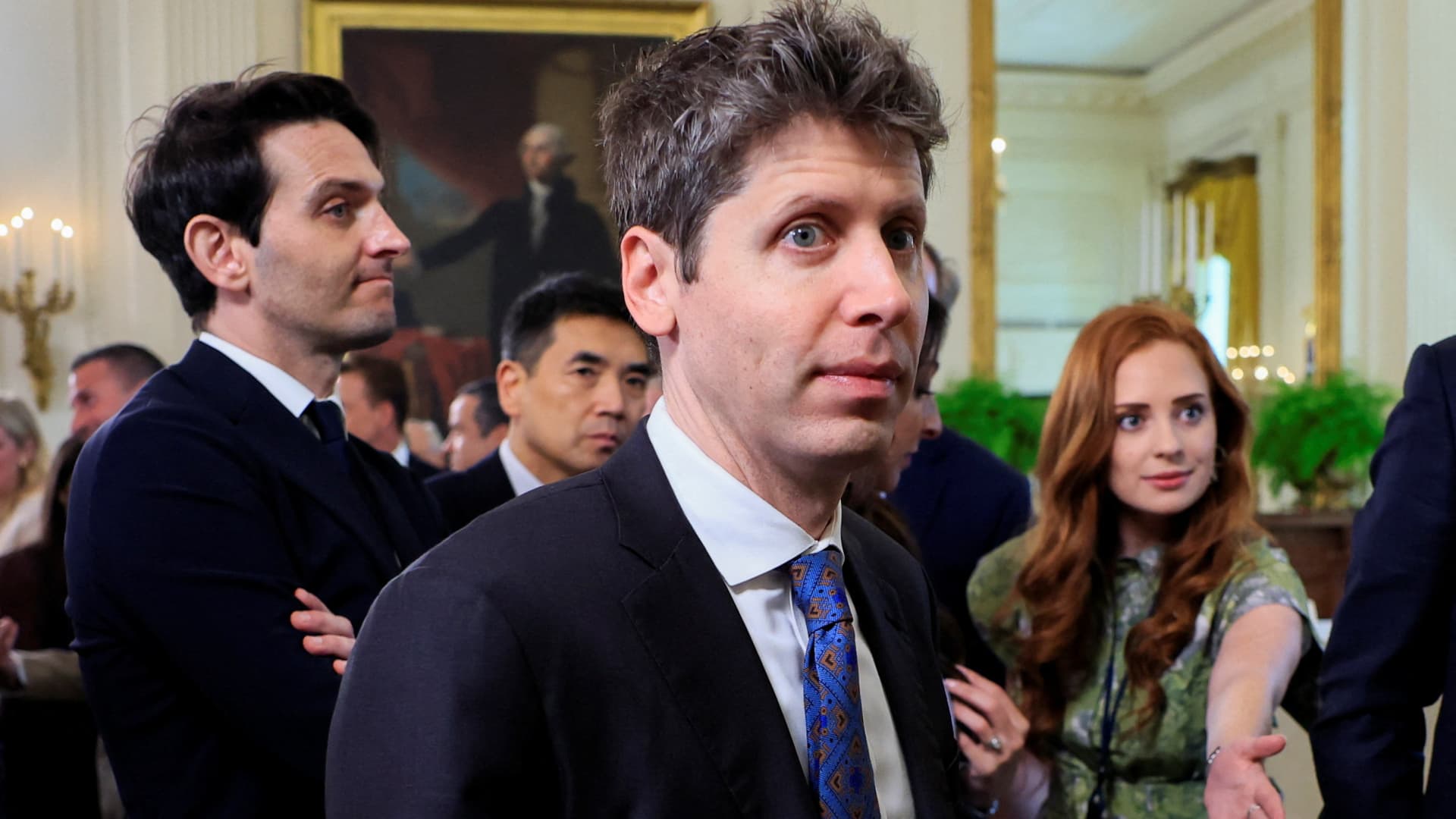By David Wu
Copyright news

The world is currently experiencing a significant period of instability amid the ongoing 43-month-long Russia and Ukraine war, the deadliest since World War II, and the bloodshed in Gaza following Hamas’s October 7 attacks on Israel.
Elsewhere, China is extending its influence in the Indo-Pacific region, Australia’s backyard, with a Department of Foreign Affairs and Trade white paper warning the Asian superpower’s growth had matched, and “in some cases”, exceeded that of the United States.
Get all the latest Australian news as it happens — download the news.com.au app direct to your phone.
Steve Baxter, a former Australian Shark Tank and a leading defence tech investor, said the government’s spending was not adequate enough given the landmark AUKUS trilateral partnership between America and the United Kingdom.
Australia is set to receive nuclear-powered submarines from the US by the 2030s to plug a defence gap while it builds its own boats in South Australia with the assistance of the UK.
It will make Australia one of seven nations in the world to operate nuclear-powered subs.
But Mr Baxter said he attended a talk on Thursday night where Mark Binskin, the former head of the defence force, flagged owning the submarines could cost 0.7 per cent of GDP.
“We have a defence budget that’s 2 per cent of GDP and not moving, so the rest of the defence is at 1.3 per cent, and that’s why we’re not prepared,” he told news.com.au.
“We’re literally not spending enough to meet the current climate.”
This month, the Albanese government announced three major moves to defend the nation, including a $1.7 billion investment in lethal underwater drones, a $12 billion submarine base in Western Australia and a defence pact with Papua New Guinea to integrate the two militaries.
The government was also seeking a $500 million security pact with Vanuatu to fund its economic, security and climate needs in a bid to block China’s push into the Pacific island.
But that has been put on ice due to Vanuatu’s Prime Minister saying more discussions are needed, particularly on “specific wordings in the agreement”.
The Trump administration has pushed Australia to boost its defence spending to 3.5 per cent of GDP, or about $100 billion a year.
But the federal Labor government has refused to budge and insisted it was not focused on a figure and that it is set to spend $70 billion on defence over the next decade.
Mr Baxter said whichever party is in government has to consider Washington’s request.
“We are very much historically low,” he said.
“I do think we need to lift it. I think our job as a nation of 25 million people is to be a good ally for someone to come and help us.
“Pre World War II, that was the UK … in post World War II, that was the US. We can’t do much in a major conflict. So to prepare for that, if a major ally is telling us ‘I think you need to lift your game’, just in pure terms of being an ally, you’d have to consider it.”
The entrepreneur believes the globe is heading toward a “multipolar world” and that signs of instability are popping up in different countries.
“Look at the treaty between Pakistan and Saudi Arabia … Indonesia’s acquiring an aircraft carrier,” Mr Baxter said.
“So the region’s becoming a lot more unsettled. Going towards a multipolar world, we will need to lift our own game in order to defend ourselves and be a good ally to the provider of our security, which is the US.”
He stressed Australia’s defence spending has to rise significantly.
“Nothing happens without the budget. I actually believe nothing a politician says, only what they do. But we have to look at what they do,” the investor said.
“Until the budget moves into the 3s, the high 3s, we are not serious about our defence.
So we need to move that budget, and that’s a big conversation that needs to be had with the public because it’s a lot of money.”
A jump of defence spending to 3.5 per cent, for example, would cost an extra $40 billion a year, roughly how much is spent on aged care.
The Coalition has promised a further $21 billion over the next five years on top of the government’s current levels.
Shadow Finance Minister, James Paterson, said the current expenditure is not adequate.
“We live in the most dangerous and precarious times since the end of World War II. And right now, we’re not spending enough to defend ourselves,” he said in June.
Defence Minister Richard Marles remained coy and did not want to put a figure on it, stressing it was something raised by US Secretary of Defence Pete Hegseth in their discussions.
“You have seen the Americans in the way in which they have engaged with all of their friends and allies, asking them to do more, and we can completely understand why America would do that,” he said.
“What I made clear is that this is a conversation that we are very willing to have, and it is one that we are having”.
Mr Baxter also believes the government has to have “frank conversations” with the Australian population about global threats and delve further into export-focused defence industry support.
“Work on defence industry policy that’s all about exports and that will give us the best options for the future,” he said.
“So bring the public along, fix the budget and build a defence industry base.”
PM called into question
Mr Baxter fears Prime Minister Anthony Albanese’s headspace is “misaligned” with the new US administration.
The Labor leader and Mr Trump have scheduled to meet on October 20 in a highly anticipated formal face-to-face to discuss Australia and the US’s relationship amid the global tariffs on trade.
Sources say the White House want the two leaders to have a proper sit-down in the Oval Office of the White House in front of the world’s media.
Mr Albanese, this week, met President Trump very briefly at the UN General Assembly in New York, where they both spoke.
The PM hours later shared to social media what has been described as an awkward selfie with the leader of the free world.
Mr Baxter said it “feels like” Mr Albanese does not want to meet President Trump “because he knows he’s going to be called to task” as he’s refused to budge on some issues.
“If they’re going to meet, I want nothing but the best out of that meeting. I’m not politically aligned with either party at all. He’s the boss, let’s get behind the boss,” he told news.com.au.
“(But) they’re not setting the ground very well from recognition of Palestine through to parliament defence spending to leaving the current ambassador (Kevin Rudd) in place, given some of the terrible things he said about the leader.
“I just don’t know how we’re doing things correctly here.”
Another war is looming
The former Shark has taken a swipe at the current politicians and diplomats in charge, fearing another major conflict is close.
Mr Hegseth and some high-ranking defence officials have warned that China may be preparing to “invade” Taiwan.
China’s Foreign Ministry of Foreign Affairs said the island, which has roughly the same population as Australia, is “sacred and an inseparable part of China’s territory”, pointing to the “one country, two systems” model.
Beijing denies it is trying to invade Taiwan.
If it does happen, the United States will inevitably step in, meaning Australia will likely too, and we have no option, Mr Baxter said.
“Is the Australian nation ready for it? Should we go and defend an island democracy of 25 million people?” he asked.
“Australia’s an island of 25 million people. If we don’t defend them who will defend us? It’s probably a question that needs to be asked out loud.
“I really pray for my kids’ sake, we’ve got better diplomats and politicians than we appear to have at the moment, because I attend global trade shows in the military area, and you can just hear the drums beating for war.
“I really hope the tail’s not wagging the dog to be quite blunt. It is quite disconcerting.
“If my daughters chose to be in the army, I’d be thrilled, but if they were conscripted, I’d be devastated.”
Space is the future
Mr Baxter left school at the age of 15 and joined the army.
He served almost nine years on the frontline before moving into the start-up space.
Since 2010, he has invested in emerging defence technologies. He is the founder of Beaten Zone Venture, which is dedicated to early-stage investments in Australian sovereign defence tech.
The CEO said Australia needs to urgently look into space investment, which continues to evolve every year.
“Space is a war-fighting domain, it’s actually quite terrifying what’s happening in terms of technology and military capabilities in space,” Mr Baxter told news.com.au.
“And it’s something we lack. We have some amazing space companies but we don’t do enough in that area. Space is the ultimate high ground. You use it for communication, you use it for reconnaissance, you use it for navigation. You take those away we’re in a lot of trouble.”
He flagged Australia needs its own version of Starlink, groundbreaking technology created by Space X, owned by billionaire Elon Musk, which provides high-speed internet through low-orbiting satellites that can be positioned anywhere in the world.
“Why don’t we have our own version of Starlink over Australia for example? It would cost a fifth of what the NBN costs us for God’s sake and it’s an amazing capability,” Mr Baxter added.
“Starlink … has so much further to go and so much further to evolve. So why don’t we have our own surveillance satellites doing reconnaissance?
“We rely on Five Eyes intelligence sharing. We rely on the US GPS constellation for positioning and navigation. We need our own capabilities in space.”



